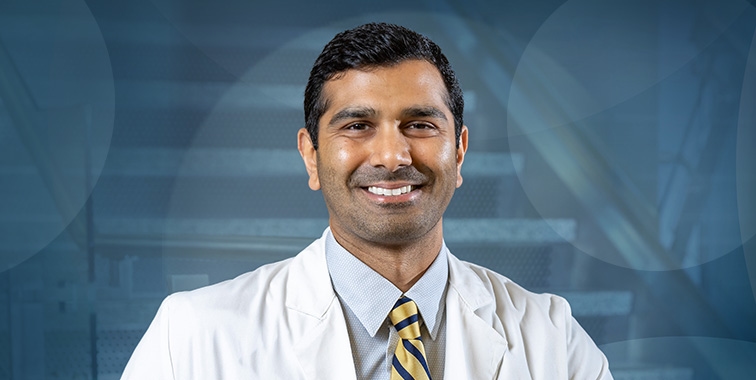College Bound: Staying Well and Safe on Campus
- Category: Community Newsletter
- Posted On:
- Written By: Laura Hanzo

So you’ve gotten your teen off to college. The move into the dorm is complete and you’ve said your tearful goodbyes. You are full of hope and promise during this exciting time of transition. You have prepared them to take this first step into the big adult world without you, but is your teen properly prepared to independently care for his or her health?
New college students often face, for the first time, unexpected health issues without having their parents immediately at their side. Prepare now so your child knows when and how to get help when a health care need arises. The American Academy of Pediatrics suggests that college-aged students should be armed with the necessary information that they may have depended on their parents for in the past.
Make sure your student:
- Is up to date on immunizations prior to the start of the semester. Because meningitis is of particular concern in a college setting, ask your teen’s provider about receiving this important vaccine.
- Knows important facts about any personal medical conditions or health issues, as well as your family medical history. Being prepared with the facts will be helpful when visiting a new physician or student health center.
- Knows the name and dosage of any medication being taken. Find out how to have medications refilled if necessary. Prescription refills usually can be transferred to a pharmacy near campus.
- Has contact information for his/her primary care provider at home. Arrange for your primary care provider to send any necessary medical information to the college’s student health center so that it is available when needed.
- Knows what medical facilities are available on or close to campus. Find out where the student health center is located and what options are available when the center is closed or on weekends. Be sure your child knows where the nearest emergency room is located and when to seek emergency care.
- Has health insurance and proof of coverage, and knows how to use it. Check your plan for providers who may be available near the college campus. If your teen is attending school out of state, your plan may have special requirements for treatment. Make sure your teen is familiar with any special requirements.
- Is equipped to handle simple medical problems. Make sure your student has a first aid kit stocked with common first aid items, including a digital thermometer, bandages, antibiotic ointment, hot/cold pack, acetaminophen, ibuprofen and cold medications.
Prevention also is key to staying healthy and safe on campus. Going to college can be an exciting time in a young adult’s life and opens the door to many new experiences. These new experiences may bring new challenges and opportunities for illness, injury and disease. The Centers for Disease Control and Prevention offer six pointers to help college students stay safe and healthy:
- Maintain a healthy lifestyle. Be sure to eat well and exercise.
- Know your rights; be aware of sexual assault. One in five women has been sexually assaulted while in college, and 80 percent of female victims experience rape before the age of 25.
- Sexually Transmitted Diseases (STDs) can be prevented. College students and others who are sexually active should get tested for STDs and take measures to protect themselves and their sexual partners. Dr. Kimberly Guillory of Magnolia Obstetrics & Gynecology explains:
- Binge drinking can increase your chances of getting hurt or hurting others due to car crashes, violence and suicide. About 90 percent of the alcohol consumed by teens under the age of 21 in the U.S. is through binge drinking. A binge is defined as having four or more drinks for women and five or more drinks for men in a short time. Get the facts about alcohol use and health at www.collegedrinkingprevention.gov.*
- Tobacco products are harmful to your health and can lead to cancer and heart and respiratory diseases. In 2012, 17.3 percent of adults, age 18-24, were cigarette smokers. If you don’t smoke, don’t start. If you do smoke, take necessary steps to stop. For tips to stop smoking, watch this “Smoking Cessation” video with North Oaks Cardiologist Jherie Ducombs, MD
- Managing stress and maintaining life balance is important for college students. Be sure to get enough sleep, avoid drugs and alcohol and maintain social connections. If stress becomes unmanageable or depression sets in, seek help from a medical or mental health professional. Suicide is the third leading cause of death among persons, age 15-24. If you or someone you know is thinking about suicide, contact the National Suicide Prevention Lifeline toll-free at (800) 273-8255.
-
North Oaks Health System offers many health resources for college students in our area. From primary care to specialists and walk-in services, North Oaks is here for you in Tangipahoa and Livingston parishes. Click here for a complete list of clinics and for more information, including available physicians, clinic hours and accepted insurances.
* Sources: www.aap.org, www.cdc.org




[1].jpg)